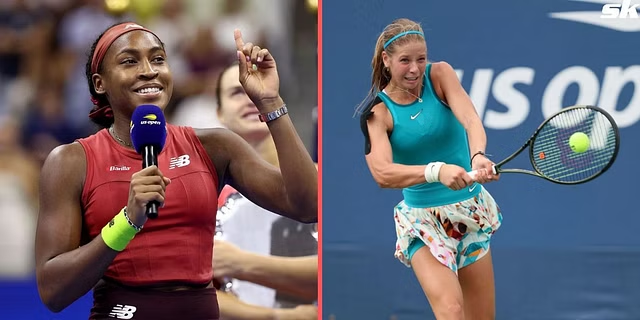
A Game of Strategy the Tennis Manager’s Contract Decision In the world of professional tennis, every decision holds the weight of a championship match point. As the manager of a rising tennis star, accepting an offer of a contract is akin to orchestrating a grand slam strategy. Each clause, perk, and condition must be meticulously considered to ensure the player’s career trajectory remains on course. This is the story of one such pivotal moment in the career of a tennis manager.
The offer arrives like a well-placed ace, landing in the manager’s inbox with a ping that reverberates through the quiet of their office. It’s from a reputable sports agency, known for nurturing promising talent into household names. The figures outlined in the contract are impressive, hinting at lucrative sponsorship deals, appearance fees, and tournament bonuses. But beneath the glossy surface lies a labyrinth of stipulations that demand scrutiny.
The manager pours over the contract, dissecting each clause with the precision of a hawk-eyed umpire. There are commitments to promotional events, endorsement obligations, and a strict tournament schedule that leaves little room for flexibility. While the financial incentives are undeniably tempting, the manager knows that success in tennis is not solely measured in dollar signs.
On one hand, accepting the offer could provide the player with unparalleled exposure, elevating their status within the tennis circuit and beyond. The resources and connections offered by the agency could open doors to opportunities previously out of reach. Yet, there’s a nagging concern that such a partnership might stifle the player’s individuality, reducing them to a mere cog in the machinery of sports marketing.
As the manager deliberates, they consider the long-term implications of each decision. Will aligning with a powerhouse agency guarantee success, or does it risk overshadowing the player’s unique talents and personality? Is financial gain worth sacrificing autonomy and creative freedom? In the game of tennis, where split-second decisions can make or break a match, there’s no room for indecision.
Seeking counsel, the manager consults with trusted mentors within the tennis community. They weigh the pros and cons, offering insights gleaned from years of navigating the tumultuous waters of professional sports. Some advocate for seizing the opportunity, emphasizing the potential for exponential growth under the agency’s wing. Others urge caution, warning against relinquishing control too hastily.

In the end, the manager’s decision transcends monetary gain. It’s about safeguarding the player’s integrity, nurturing their talent, and preserving the essence of what drew them to tennis in the first place. With a steady hand and a clear vision, the manager drafts a counteroffer that strikes a delicate balance between ambition and authenticity.
The negotiations are tense, each party jockeying for leverage like opponents locked in a fierce tiebreaker. Yet, amidst the flurry of emails and phone calls, a mutual respect begins to emerge. Both sides recognize the shared goal of propelling the player to greatness while staying true to their roots.
Finally, after weeks of negotiations, an agreement is reached. It’s not without compromise, but it reflects a mutual commitment to the player’s best interests. As the ink dries on the contract, a sense of anticipation fills the air. The next chapter in the player’s journey is about to unfold, guided by the steady hand of their manager and fueled by the passion that ignites every ace, every volley, and every triumph on the court.







